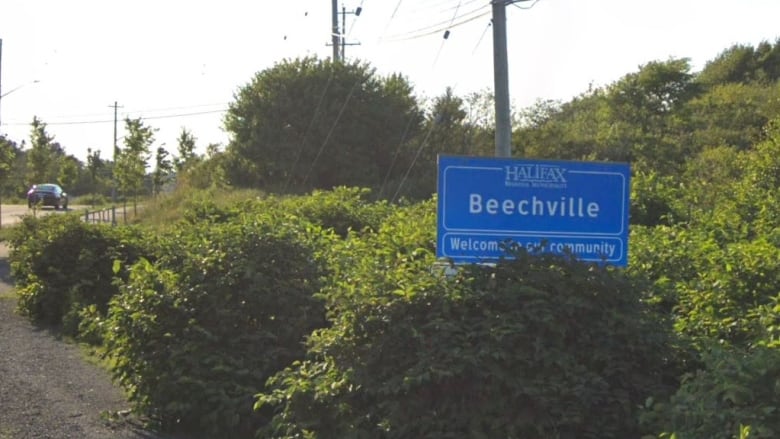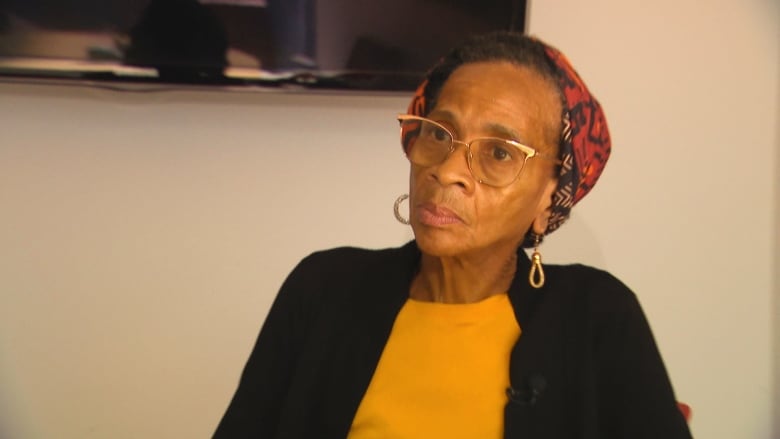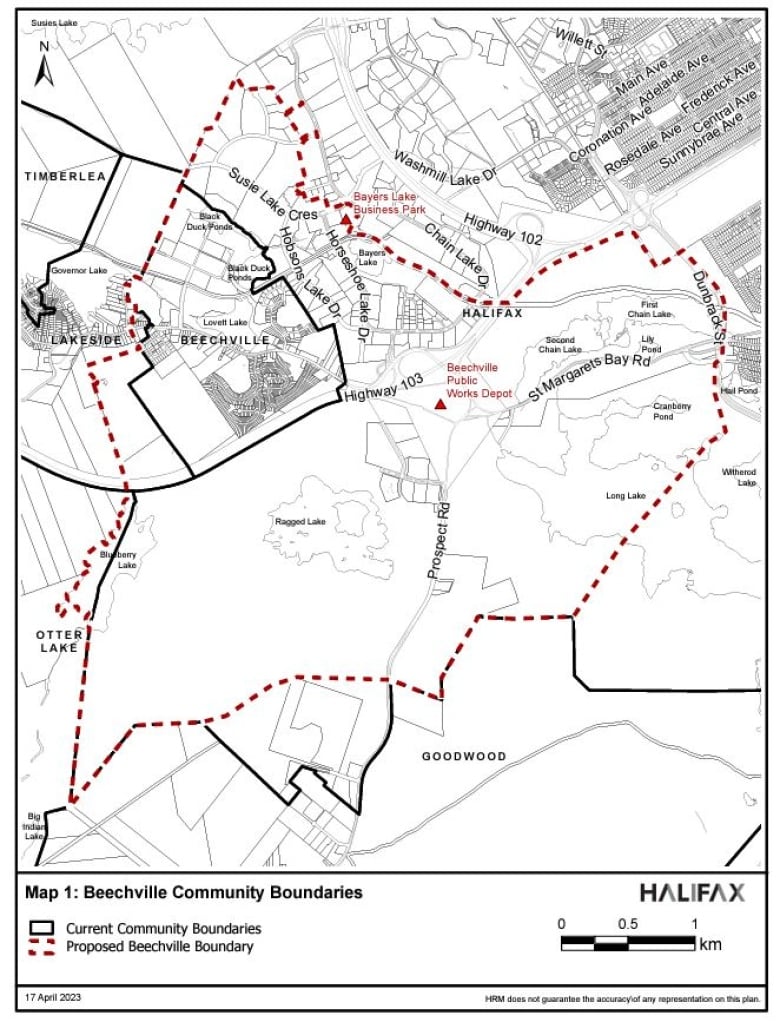Historic Black community seeks to expand boundaries to better reflect original size
Beechville, N.S., was much larger 200 years ago when it was settled by refugees escaping slavery in U.S.

Residents of a historic Black community in the Halifax area have been working to have its boundaries expanded in an effort to encompass more of the originalsettlement that was established more than200 years ago.
Beechville, N.S., originally called Beech Hill, was first settled by refugees who escaped slavery in the United Statesduring the War of 1812. Many of them fought for the British in the war and were givenroughly 2,000 hectares of land near the Northwest Arm for their service.
The community's size shrankconsiderably over the years due to encroachmentssuch as the annexation of a portion of the former Halifax County by the City of Halifax in 1969, the construction of Highway 103 and industrial development in the 1970s and 1980s.
"I think it was very traumatic for the community to look at that and say we're being reduced to nothing," said Carolann Wright, director of capacity building and strategic initiatives for African Nova Scotian communities with the Halifax Partnership, which is a public-private non-profit economic development organization.

Wright, who is an 11th-generation Beechville resident, said resetting the boundaries is more than just a moral issue.
"It's also very political in terms of agency, in terms of community determining their own path and, as I said, communities to be sustainable," she said.
The proposed boundary changes are still being reviewed by municipal staffand are expected to be back in front of Halifax regional council later this year.
The community hopes touse the space within the proposed new boundaries to focus on affordable housing, recreation, commercial development and protecting its heritage sites and status. Beechvillewas designateda provincial heritage site in 2018.
Residents also want to prevent any further industrial development, Wright said, as Beechville isalready flanked by two industrial parks that contributed to the community's reducedsize.
Rebuilding trust with municipality
In 2019, regional council directed staff to look at changing Beechville's boundaries after the community expressed concerns.
The relationship between the municipality and community got off to a bumpy start, according to Wright.
"They're telling us what the policies are. They're telling us what can and cannot happen in the community. We're not interested in any of that. We really need to tell you the story of what's happened and what will happen to our community," she said.
Wright said she credits municipal planners who were working with Beechvilleresidents because they listened to what the community wanted and worked to make it happen.
If approved, Beechville'snew boundarieswill encompass an area six times larger than when this process started five years ago, she said, and the community has more control over development.

Last year, Halifax regional council made amendments to municipal strategies that changed what types of businesses can operate in Beechville, and what new buildings and neighbourhoods in the community will look like.
"I think one of the most important things that's happened for Beechville is that they now have a seat at the table," said Coun. Iona Stoddard, who represents the community.
Stoddard also commends the efforts by municipal staff to work with the community to make these changes, but she's really struck by the persistence of the residents of Beechville.
"They are very close and they look out for each other. I've never actually seen a community this close," Stoddard said.
Just as much about the future as the past
Wright said African Nova Scotian communities "live in their history," but this is just as much about setting up future generations for success.
The new boundaries will help residents continue to revitalize the community and make it a place for all generations to be proud to call home, she said.
"Youth need to be inspired. If they don't care anymore, they leave communities and communities die. It's as simple as that."
For more stories about the experiences ofBlackCanadians from anti-Blackracism to success stories within theBlackcommunity check outBeingBlackinCanada, a CBC projectBlackCanadianscan be proud of.You can read more stories here.













_(720p).jpg)


 OFFICIAL HD MUSIC VIDEO.jpg)
.jpg)



























































































